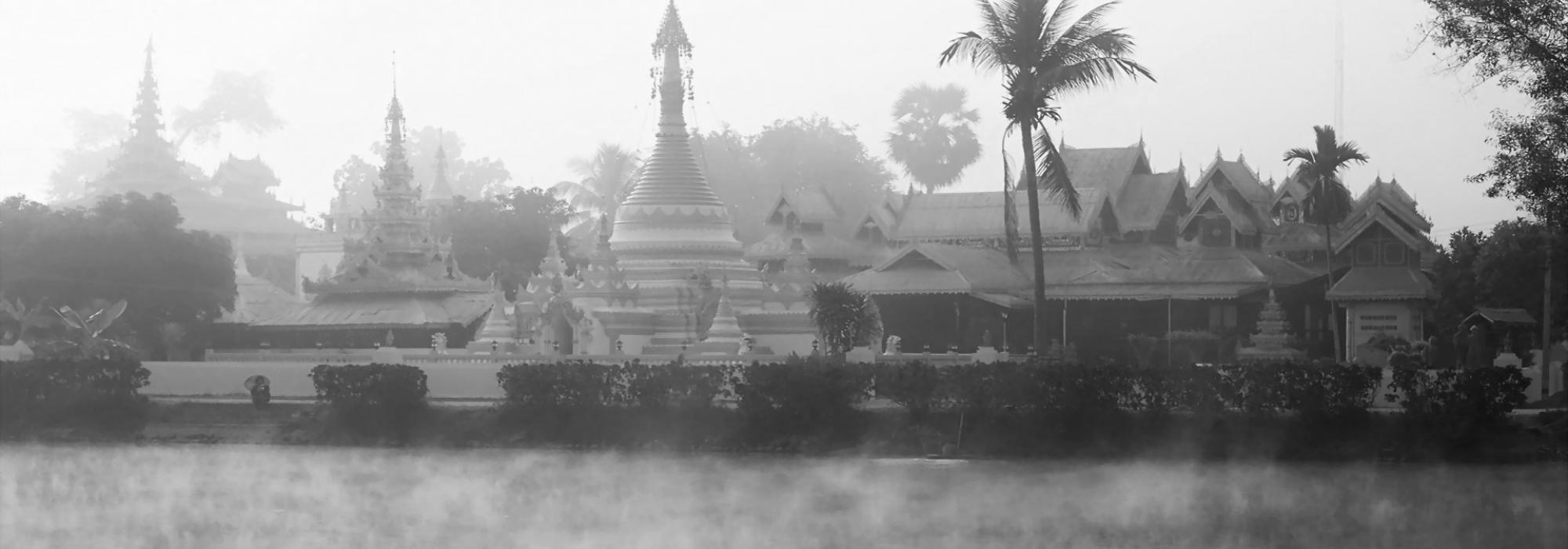काव्यप्रकाशो यवनः
काव्याली च कुलाङ्गना ।
अनेन प्रसभाकृष्टा
कष्टमेषाऽश्नुते दशाम् ॥
We have seen that Sriharsha pleased Vindhya-vasini-devi and was blessed with impeccable poetic prowess. Not wanting to go out of league of everyone around him, he consciously dimmed his abilities and composed the epic-poem Naishadhiya-charitam.
Eager to know the opinion of Mammata, the great scholar of alankara shastra, Sriharsha went to him with his work. Glancing through the poem, Mammatha exclaimed, “It’s a pity that I am getting to see this work now. I would have been greatly benefited if I had come across this earlier.” This was a big ego-booster to Sriharsha. Chuffed, he asked for the reason. Mammata’s reply, however, made him furious.
Mammata said, “I took great pains in composing the section on doshas (flaws in poetry) in my treatise on Poetics, Kavyaprakasha. If I had access to this poem, my work would have been much simpler, as examples for all doshas are present here.” This taunt made Sriharsha compose the present verse:
Kavyaprakasha is a yavana, and
Kavya is a sensitive, classy woman.
Stuck with one so inconsiderate,
Her pain knows no bounds.
Mammata was no rasika; he thrived in pointing out flaws in a piece of poetry, and never in appreciating it. This is evident in his work Kavyaprakasha. Sriharsha had this in mind. He compared the work to an obnoxious outsider who harasses native women. This comparison does not fail to tell us that poetry, like sensitive women, should be approached smoothly.
We do not know if this episode is true. This story, to us, shows how differently the minds of poets and critics work.
Note: Kavyaprakasha is a work on Poetics, and is popular in alankara shastra circles as a handy textbook. It has a very long section (seventh chapter) that enumerates various doshas (flaws) in poetry. Though there is no doubt that Naishadhiya-charitam is a great work of literature, it is a tough nut to crack. It is filled with uncommon usage of words and unintelligible ideas. This story tells us that such overdoing is unwelcome.
Translated from Kannada by Shashi Kiran B. N.
(The original article is from the anthology Kavitegondu Kathe.)















































